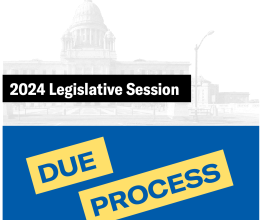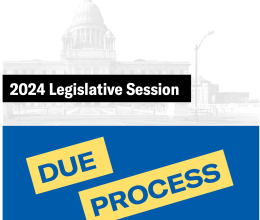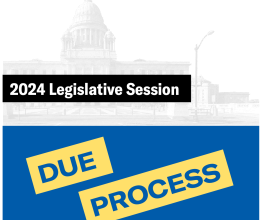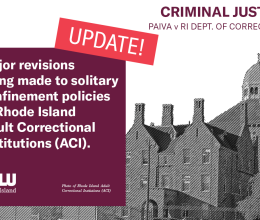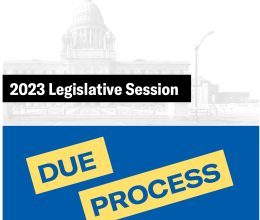After receiving complaints that the Rhode Island Division of Motor Vehicles was requiring licensed drivers from Puerto Rico to pass a written exam and road test in order to transfer their driver’s license to Rhode Island, the American Civil Liberties Union of Rhode Island has urged Governor Gina Raimondo to immediately order the DMV to accept and transfer licenses from former Puerto Rican residents.
Former residents of Puerto Rico who recently moved to Rhode Island contacted the ACLU after the DMV refused to transfer their licenses. The individuals provided their original, certified, and translated birth certificates and recent officially certified driving records from Puerto Rico, documentation that drivers from the 50 States do not need to supply. They also had their documentation specially processed and verified by the Enforcement section of the DMV. Despite taking these additional steps, they were they would have to pass both the written knowledge exam and road skills test that all new drivers must take because the DMV could not access a database run by Puerto Rico to electronically verify the status of their driver’s licenses.
“In other words, regardless of whether they have been driving for five, ten or forty years, U.S. citizens moving here from Puerto Rico are being treated like 16-year olds seeking their first driving permit,” ACLU of RI executive director Steven Brown, stated in a letter to Governor Raimondo. “The DMV’s treatment of these citizens is appalling.”
Brown noted that the DMV’s discriminatory treatment of these residents was “particularly disturbing” given the ACLU’s recent federal civil rights complaint against the agency. The ACLU filed that complaint on behalf of a recent Italian immigrant whom the DMV has barred from taking the written driver’s license exam in any language other than English, Spanish or Portuguese. The complaint, filed with the Civil Rights Division of the U.S. Department of Justice, charges the DMV with violating a law that requires agencies receiving federal funding to provide meaningful access to programs and services for individuals with limited English proficiency.
Read the full letter here.

